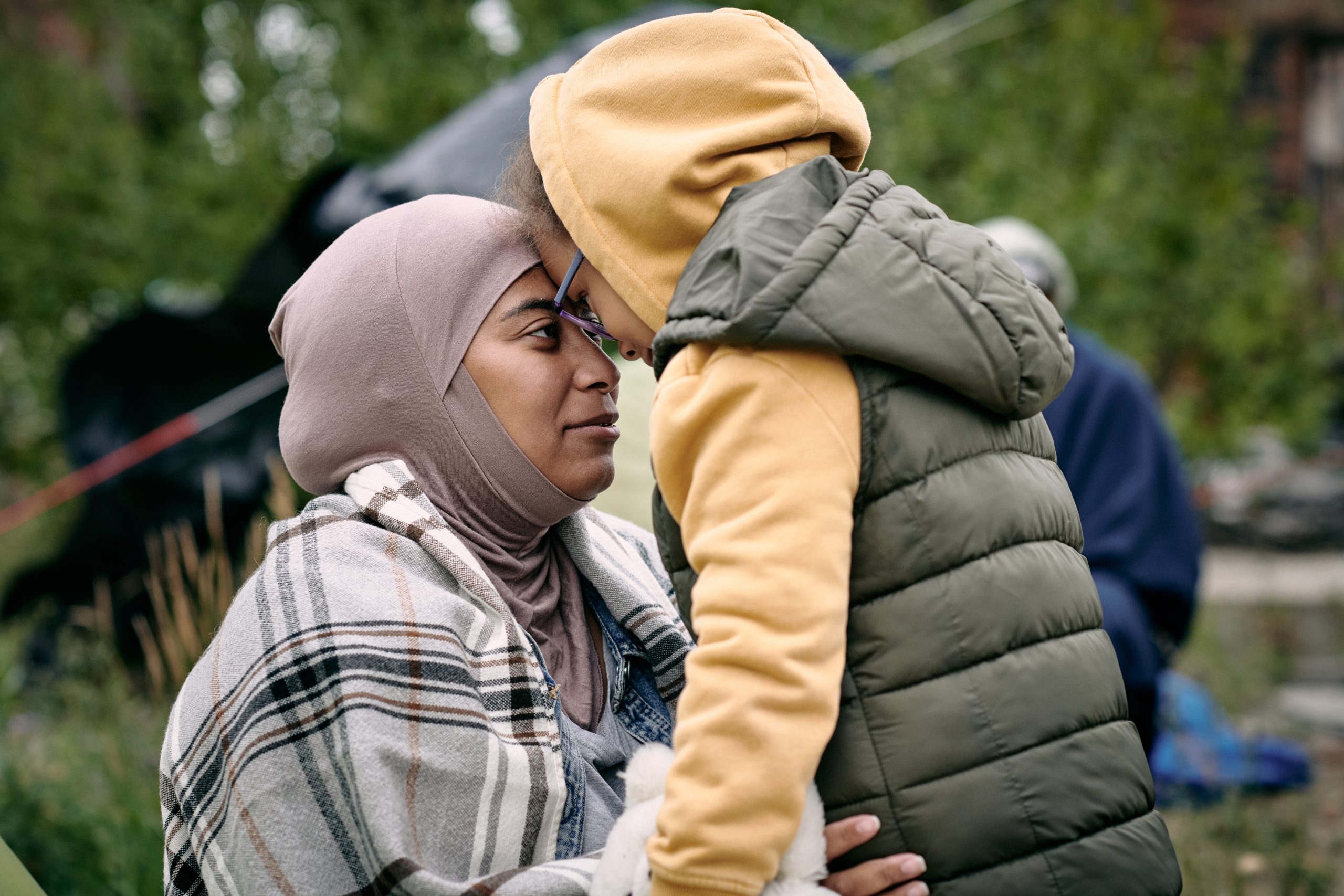
Vietnam has become the third country in the Association of South East Asian Nations to adopt a national action plan for the Women, Peace and Security (WPS) agenda, promoting meaningful inclusion of women in peace and security decision-making.
Vietnam’s move marks its leadership on WPS in the region and its commitment to the agenda. It is the first Southeast Asian country to adopt the agenda through a national action plan since ASEAN launched its own regional plan on the subject in 2022.
The United Nations Security Council adopted the WPS agenda nearly 25 years ago to address the specific, gendered insecurities that women face in armed conflict. It focuses on four pillars: participation of women in peace and security decision-making; protection of women and girls from sexual and gender-based violence; prevention of violence against women; and relief and recovery measures that address crises through a gendered lens.
In 2004 the UN secretary-general requested members states develop national action plans to operationalise the WPS Agenda. The plans should provide clear targets, measures and monitoring mechanisms for fully implementing the agenda within states. But until now only two ASEAN members had produced action plans—the Philippines in 2010 and Indonesia in 2014.
Contrasting with the Philippines and Indonesia, which are democracies that have suffered internal armed conflict and violent extremism in the past 25 years, Vietnam has no internal security threats motivating it to operationalise the WPS agenda. Instead, its action plan shows its determination to take a more prominent role in peace and security internationally. This is underlined by the drafting committee being chaired by the vice minister of foreign affairs, Do Hung Viet.
Vietnam already long been committed to WPS in ASEAN and globally. Serving as the 2020 ASEAN Chair, it hosted the 20th anniversary commemoration of the UN resolution through an international conference on strengthening women’s role in building and sustaining peace. The Hanoi Commitment to Action, a commitment to accelerating meaningful implementation of the WPS Agenda, was signed by 75 UN member states at the conference. Vietnam also hosted the ASEAN Ministerial Dialogue on Strengthening Women’s Role for Sustainable Peace and Security, which focused on enhancing the promotion of WPS in ASEAN and supporting its implementation in the region. Outside the region, Vietnam has sent many women peacekeepers to UN peacekeeping missions, including to South Sudan.
For Vietnam, increasing engagement with WPS through a national action plan bolsters its position as a gender-equality leader in ASEAN. Scholars working on gender and international politics point out that states with strong gender equality leadership can symbolically position themselves as respectable in the international arena. As Vietnam seeks to promote itself as an ASEAN leader, adopting a WPS action plan is a helpful move.

